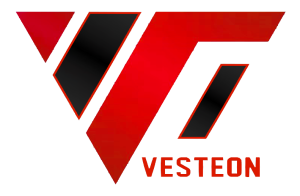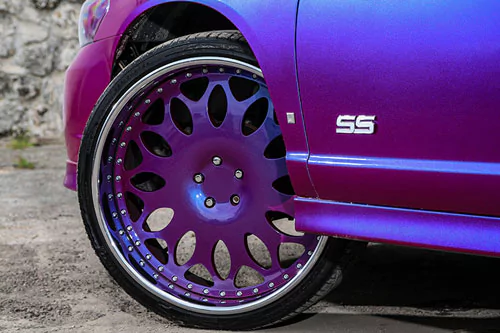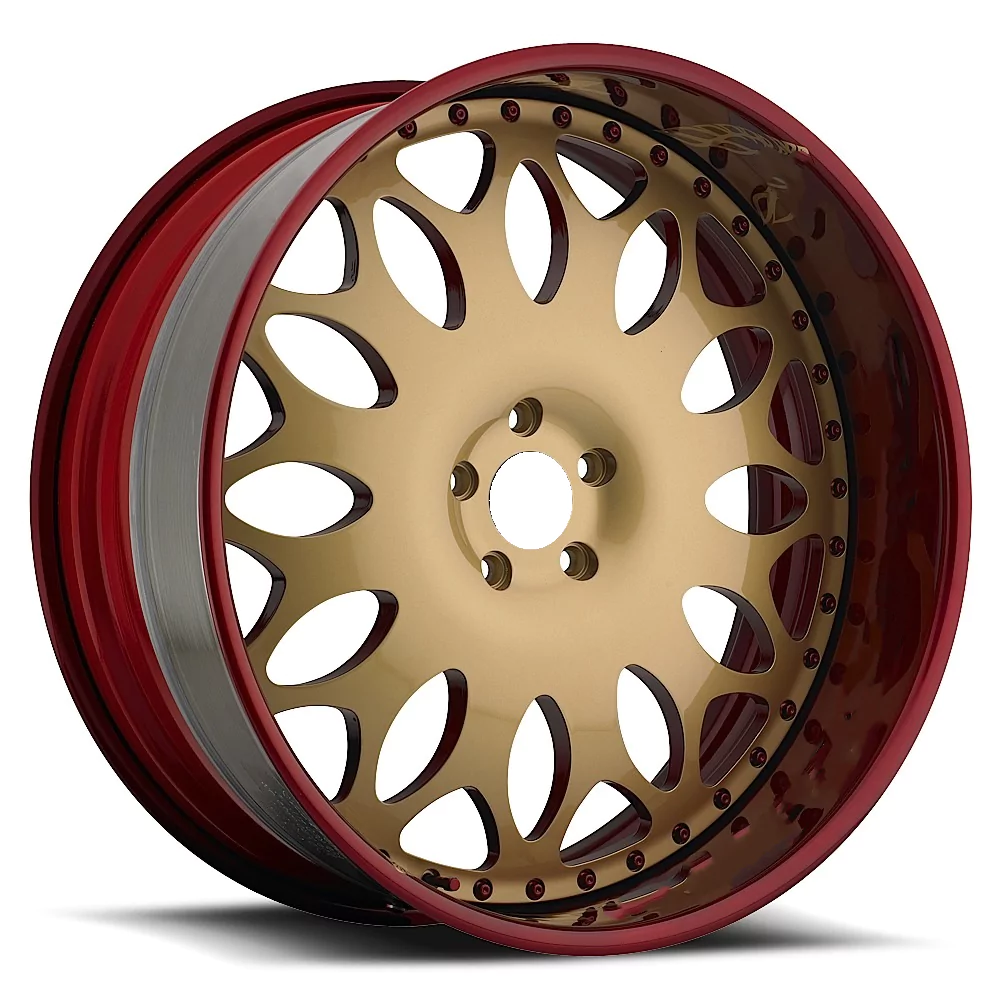Overview of Alloy Wheels
Composition and Manufacturing Process
Alloy wheels are crafted from a combination of metals, typically aluminum or magnesium, which are lighter and stronger than steel used in normal wheels. The manufacturing process involves casting or forging these metals into the desired wheel shape. Casting is the simpler and more common method, where molten alloy is poured into a mold. Forging, although more complex and costly, results in stronger and more durable wheels due to the intense pressure used to shape the alloy. This process enhances the mechanical properties, making the alloy wheel robust and reliable.
Common Applications in Vehicles
Alloy wheels are commonly used in a variety of vehicles, including sedans, sports cars, SUVs, and trucks. Their lightweight nature improves acceleration and braking performance, making them ideal for high-performance and luxury cars. The ability to withstand high thermal conditions makes them suitable for heavy-duty applications like SUVs and trucks that might experience more rigorous driving conditions. Moreover, alloy wheels can be easily customized, making them popular among car enthusiasts who want to personalize their vehicles.
Normal Wheels
Materials and Production Methods
Normal wheels, often referred to as steel wheels, are predominantly made of steel. The production process involves stamping and welding sheets of steel to form the wheel’s structure. This method is cost-effective and allows for mass production, which is why steel wheels are commonly found in standard, everyday vehicles.
Performance Comparison: Alloy Wheels vs. Normal Wheels
Durability and Strength
When it comes to durability and strength, alloy wheels and normal wheels each have their advantages. Alloy wheels, especially those that are forged, offer superior strength and are less susceptible to bending or cracking under stress. On the other hand, normal steel wheels are incredibly tough and can withstand significant impacts without fracturing. They are more likely to bend than break, which can be advantageous in certain driving conditions.
Weight and Efficiency Impacts
Fuel Efficiency Considerations
The weight of the wheels plays a crucial role in fuel efficiency. Because alloy wheels are lighter than traditional steel wheels, they reduce the overall weight of the vehicle, thereby improving fuel efficiency. The reduced load means the engine doesn’t have to work as hard, which translates to better mileage. This is a significant benefit for those looking to maximize their vehicle’s fuel economy.
Handling and Performance Implications
Alloy wheels provide better handling and performance due to their reduced weight. This improved performance is especially noticeable in acceleration, braking, and cornering. The lighter weight also means less unsprung mass, which leads to better suspension performance and a smoother ride.
Aesthetics and Customization Options
Visual Appeal of Alloy Wheels
One of the standout features of alloy wheels is their aesthetic appeal. They come in various designs, finishes, and sizes, allowing vehicle owners to customize their cars to their liking. The sleek and modern look of alloy wheels can significantly enhance a vehicle’s appearance, adding a touch of elegance and sophistication. Unlike steel wheels, which are typically functional and plain, alloy wheels offer a variety of styles that suit different tastes and preferences.
Vesteon
Brief Introduction
Vesteon Automotive Parts (Group) Co., Ltd., founded in 2005, is a prestigious wheel manufacturing company headquartered in Shandong, China. Its expansive factory covers an impressive 100,000 square meters and employs a dedicated workforce of over 700 individuals, specializing in the design, production, and distribution of diverse wheel types. With a total investment of approximately 300 million RMB, Vesteon boasts an annual production capacity of 3 million units, showcasing its robust infrastructure and operational prowess.
Product
Among its flagship offerings is a comprehensive range of alloy wheels, spanning sizes from 10 inches to 30 inches and featuring an array of finishes and designs tailored to suit various customer tastes.
The VT-027, a prime example of Vesteon’s craftsmanship. The VT-027 is a versatile and adaptable aftermarket product, classified as a Casting Alloy Wheel. Crafted meticulously from premium-grade aluminium alloy, A356.2, offers unparalleled durability and robustness, making it suitable for a vast array of automotive uses. Available in a comprehensive range of sizes, from 8 inches to 30 inches, this wheel caters to diverse vehicle types and accommodates various customization preferences. With a diverse palette of finishing options, including Silver, Hyper, Black, Gray, Machine Face, Chrome, Color Line, Ele-Chrome, and Machine Lip, customers can select a look that seamlessly integrates with their vehicle’s unique aesthetic.
Boasting a robust production capacity of up to 2 million pieces annually, the company guarantees timely delivery to satisfy even the most demanding market requirements. For potential buyers, the minimum order quantity is set at a flexible 60 pieces, making it suitable for both small-scale and large-volume projects.
To ensure the VT-027’s quality and safety, it undergoes stringent testing protocols, such as Impact Test, Cornering Fatigue Test, and Radial Fatigue Test. Furthermore, it is certified by esteemed international standards like SFI, TUV, VIA, TSE, ECE, and ISO, underscoring the company’s unwavering commitment to excellence and adherence to industry standards.
Summary
Distinguishing Vesteon from its competitors is its exceptional suite of services, including DDP delivery, OEM manufacturing capabilities, and the flexibility to mix steel and alloy wheels, addressing the diverse requirements of its clientele. Typically, the delivery timeline ranges from 30 to 45 days after the receipt of your advance payment. However, this specific duration is subject to variation based on the nature of the items and the quantity ordered. For orders comprising in-stock wheels, the delivery process is expedited, with a turnaround time of merely 7 days post-receipt of your advance payment. By offering these unique services, Vesteon has carved a niche for itself in the market.
If you’re in the market for premium wheels, Vesteon is an excellent choice. For further information and to explore the full range of products and services offered, we encourage you to visit Vesteon‘s official website. We eagerly anticipate the opportunity to collaborate with you.
Maintenance: Which is Easier to Manage?
Maintaining alloy wheels can be somewhat demanding due to the materials and finishes used. Regular cleaning is essential to prevent buildup from brake dust and road grime, which can corrode the wheels over time. Alloy wheels last longer as long as they are cared for. However, normal steel wheels, by contrast, are generally easier and less costly to maintain, they may rust easily without properly maintained.
Safety Aspects to Consider
Impact on Braking Systems
The type of wheels installed on a vehicle can significantly impact the braking system’s performance. Alloy wheels are known for their ability to dissipate heat more efficiently than steel wheels, reducing the risk of brake fades under demanding conditions. This improved thermal management can lead to more consistent braking performance and increased safety, particularly in high-speed or heavy-load situations. In contrast, while steel wheels offer solid performance, they may not dissipate heat as effectively, potentially leading to increased brake wear over prolonged use.
Environmental Impact
Sustainability of Manufacturing Processes
When considering the environmental impact of wheel choices, the sustainability of the manufacturing processes for each type is important. The production of alloy wheels involves more energy-intensive methods, especially in the forging process. However, advancements in alloy manufacturing are continually being made to reduce environmental impact, focusing on eco-friendly production methods and materials.
Making the Right Choice for Your Driving Needs
Deciding between alloy and steel wheels ultimately comes down to what fits best with your specific driving needs and preferences. If performance, fuel efficiency, and aesthetics are high priorities, alloy wheels might be the superior choice for you. You can get more information about alloy wheels through the website of Vesteon.


